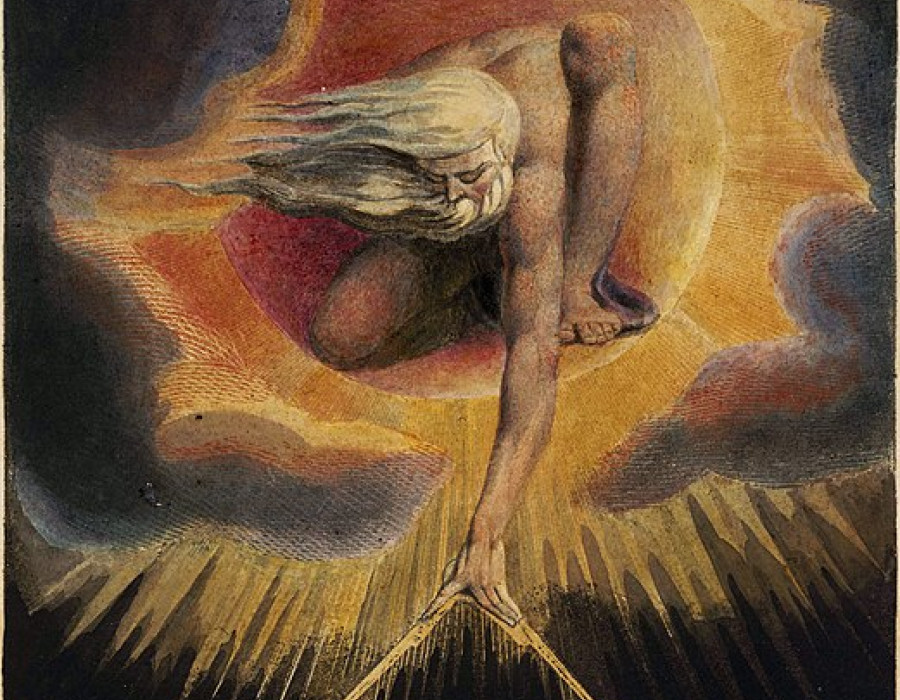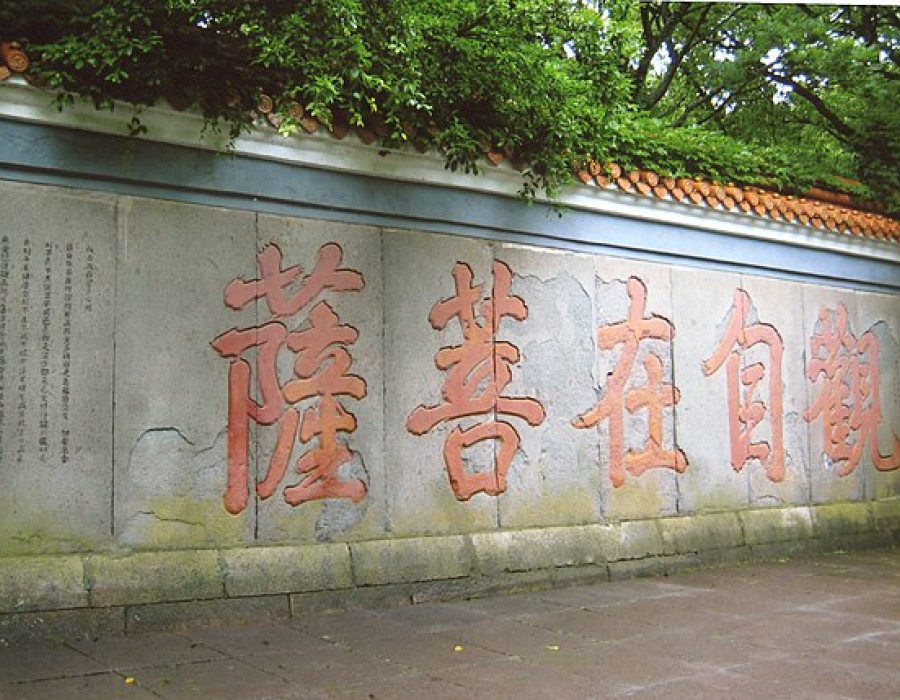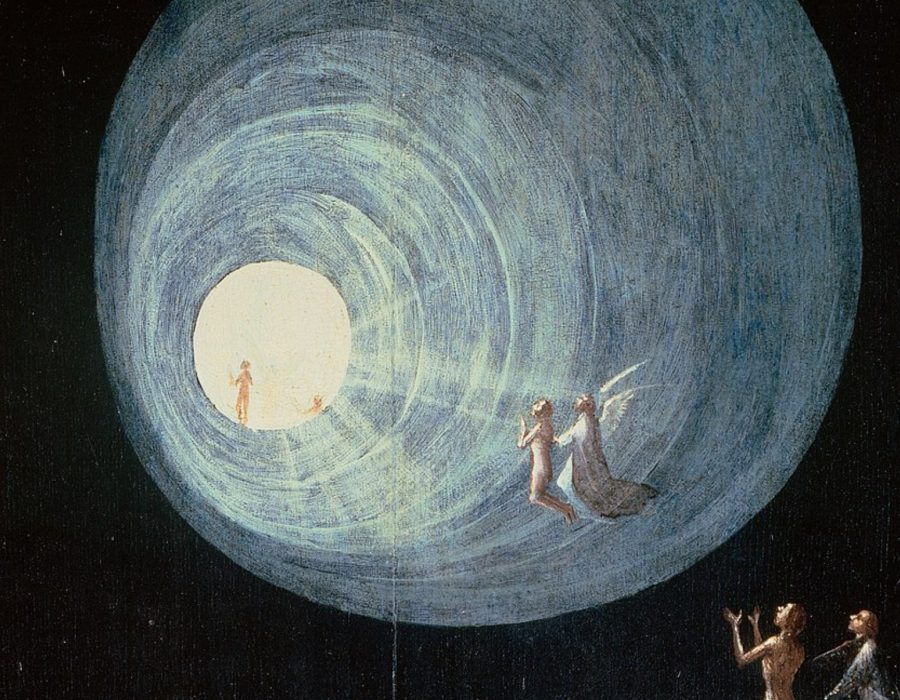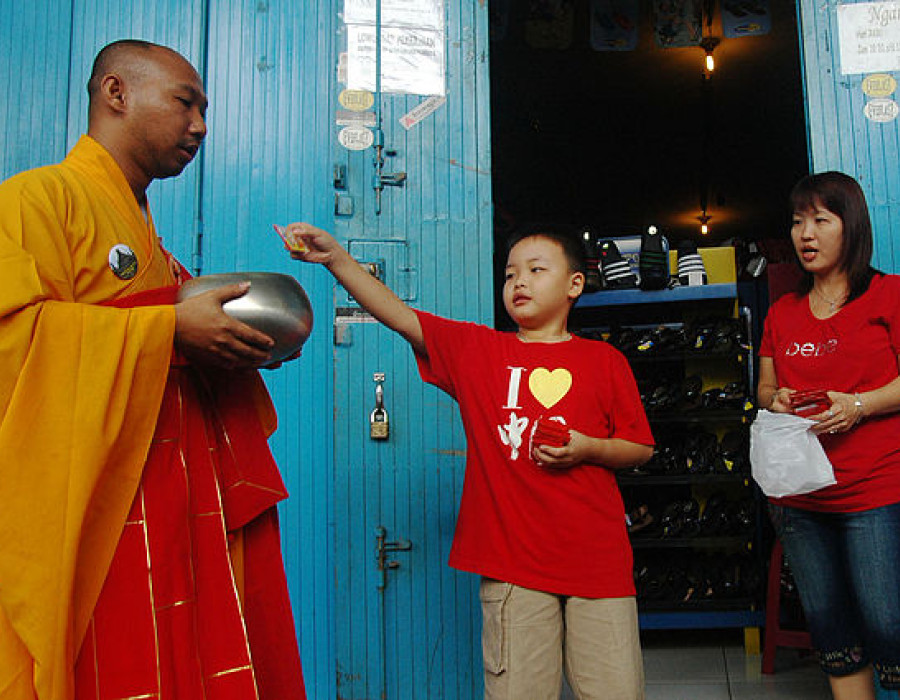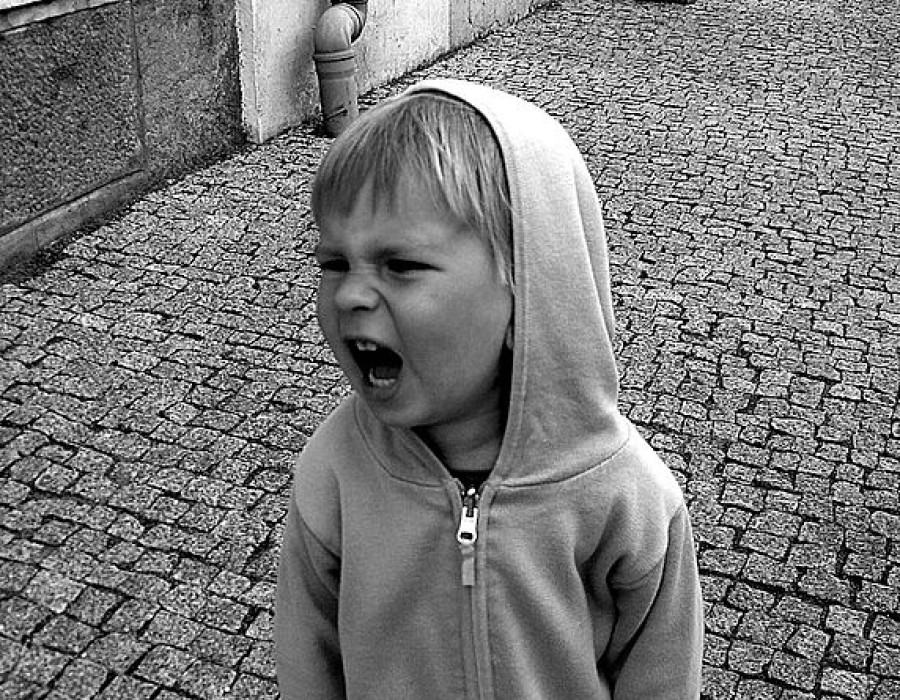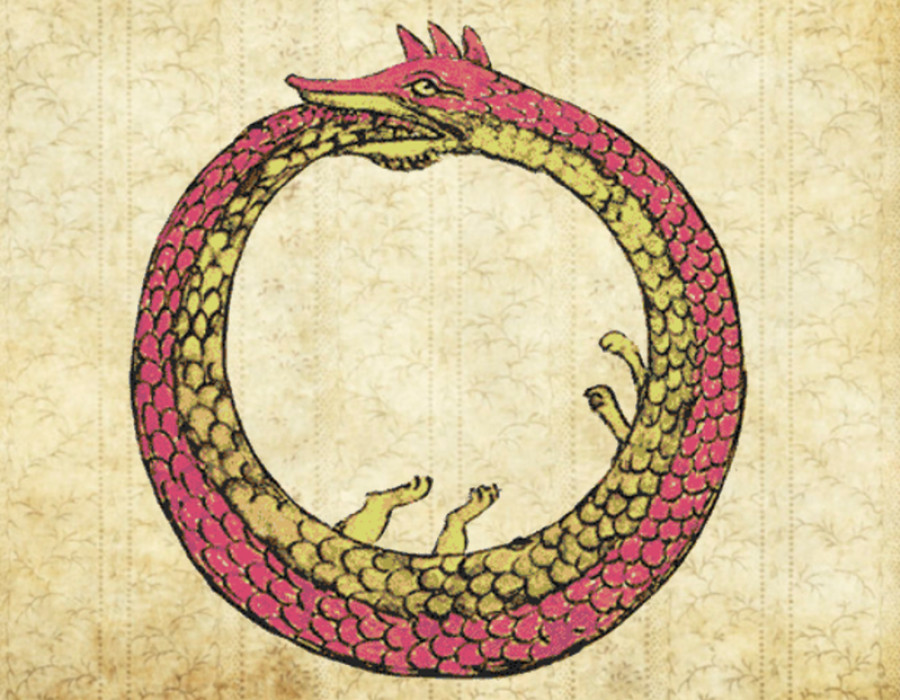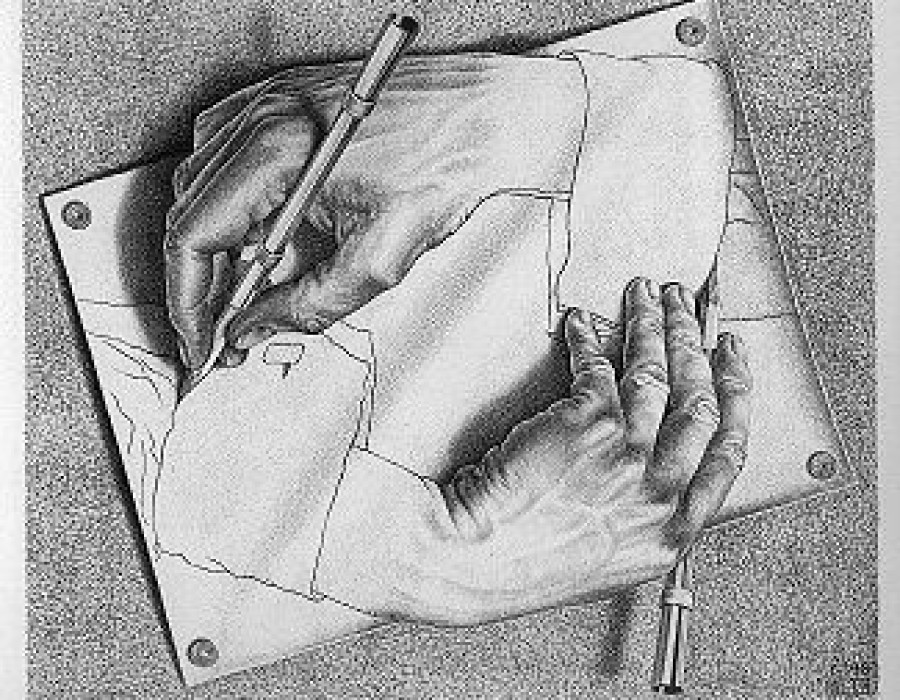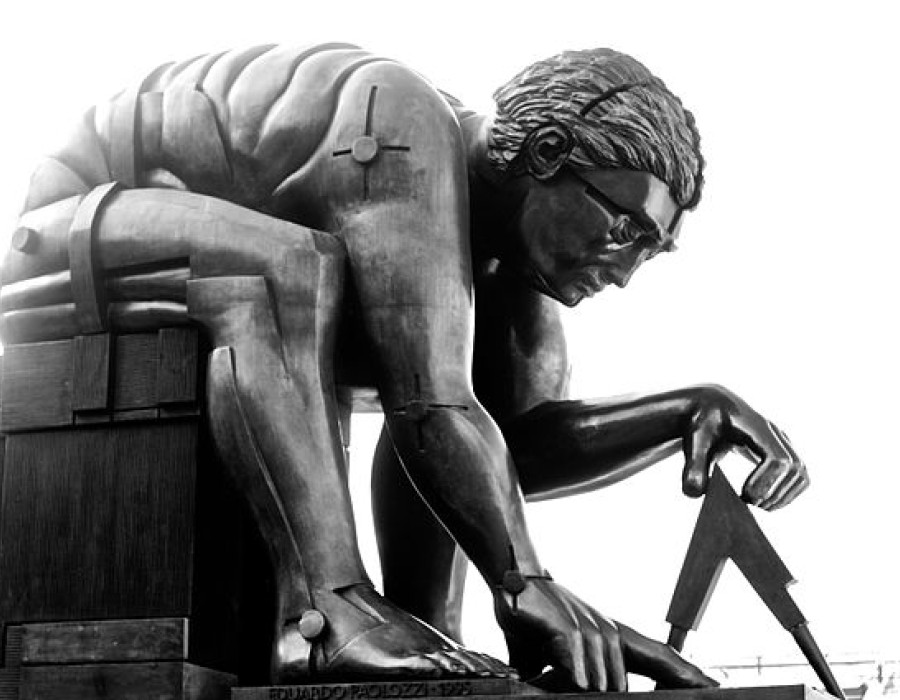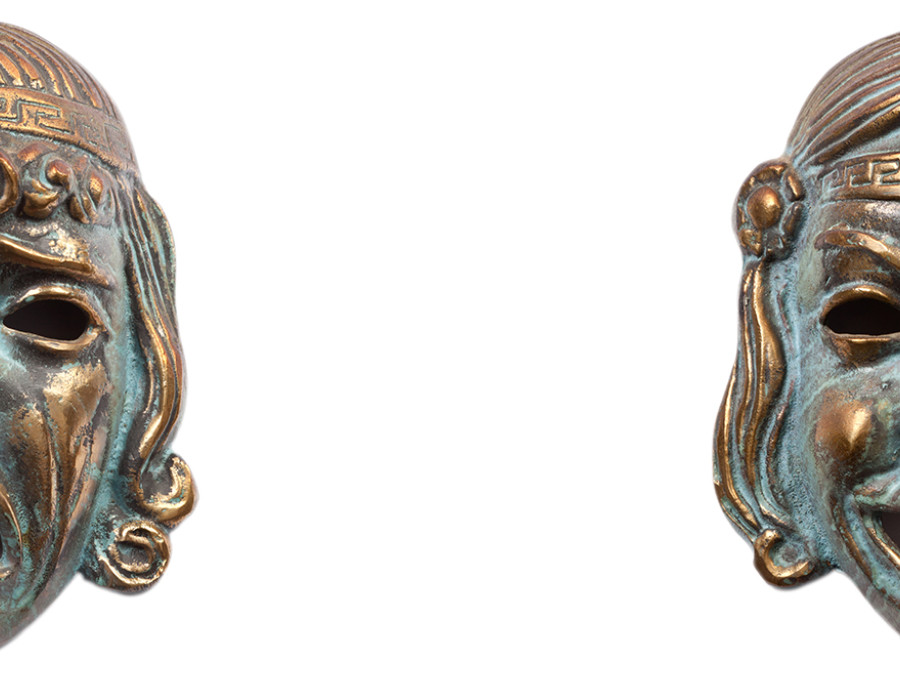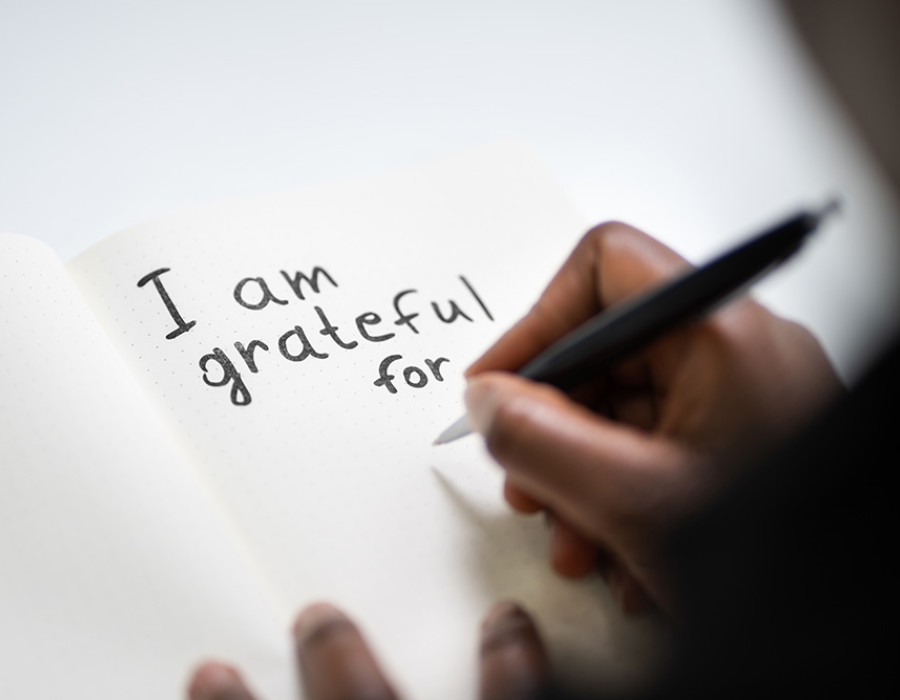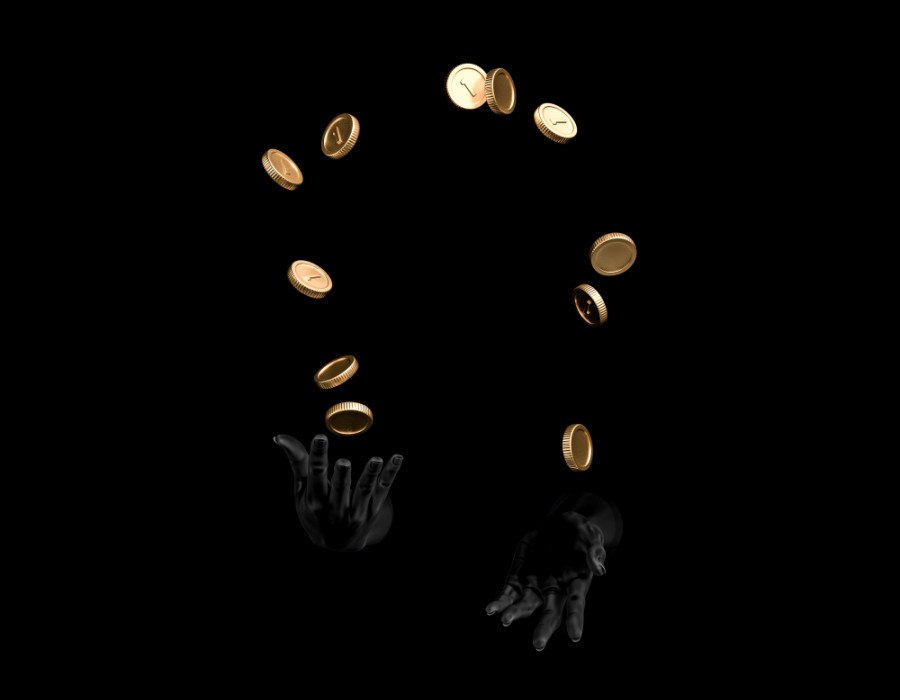You don’t know what you’ve got till it’s gone!
Blog
After (begrudgingly) starting a gratitude journal, Rachel Hilton discovered things about herself which had remained hidden for years.
 ©
© shutterstock
Towards the end of March 2022, I, together with approximately 5 million other people in the UK, developed COVID-19. I felt rather aggrieved about this having dodged that particular bullet for over 2 years, but, nevertheless, my lateral flow test was positive and I was grounded for the duration. There were of course by then few or no government rules to follow, but as an NHS employee I had NHS rules to follow, so I stayed home until my lateral flow test became negative on day 7.
When I finally emerged, blinking in the light like Moley in “Wind in the Willows”, I felt a great sense of gratitude: to be out of the house, to be among other people, and to have the freedom to walk into a coffee shop or a grocery store!
And it struck me how much we take these simple freedoms for granted. Most of us struggled during the lockdowns, but we have very quickly forgotten those days, and it is only when our liberty is taken away from us that we learn to appreciate it.
There is an ancient Stoic practice called “The Last Time” meditation, the essence of the practice being that you try to behave mindfully with the awareness that you can rarely know for certain whether this is the last time that you will do a particular thing. This may be speaking to a loved one, visiting a special place or taking part in a favourite activity.
Here is an example: some years ago, I went to cheer on a friend who was running the London Marathon. I have never been a keen runner but the sight of all those people flowing over the finish line and donning their space blankets stirred in me a great desire to have a piece of that glory myself. We must now fast forward a few years and overlook a great deal of disappointment and humiliation, but finally here we are in 2012, my training has hit a sweet spot and I am running the London Marathon!
There is a moment at around mile 18 when the route takes a turn around Canary Wharf, and as you run between the skyscrapers, the roaring of the crowd bounces off the buildings and reaches a deafening crescendo. I remember thinking two thoughts: a) I feel like a god, and b) I am never doing this again so I must savour every moment!
But it doesn’t have to be a heroic thing. There will for all of us be a last time when we do some mundane activity, perhaps something we dislike. We will iron our very last shirt; we will take our very last journey on the underground; we will mow the lawn for the very last time. And if we knew it was the last time, that would make it special and we would savour it. But if we dwell on the possibility that it might be the last time that too would dramatically alter our perspective. We might imagine our future selves looking back on that time with nostalgia and thinking: “those were the good old days!”
Like many colleagues I felt burnt-out by the pandemic, so towards the end of last year I was offered some coaching, which I grudgingly accepted (as I would have preferred a sabbatical!) One of the exercises I was asked to do by my coach was to start a gratitude journal, which, given my innate suspicion of anything “touchy feely” I wasn’t too sure about, but I gave it a go. Gratitude journals are a little bit like the diary you may have kept as a teenager, but instead of writing random thoughts about your day, you write about things you’re grateful for, however trivial. The task I was set was to find at least three things to be grateful for and they had to be a different three things every day.
Now this was quite a challenge, because my brain, like your brain, has a negativity bias, which means that I tend to notice what is bad before I notice what is good. To practice actively scanning the horizon looking for positive things to note in my journal became a very interesting exercise, because, once you really start looking, there is much to be grateful for. “I did not have a puncture today.” “The number 74 bus waited rather than pulling away as I reached the bus-stop.” “I dropped the sauce bottle on the kitchen floor and it didn’t break!” These things may seem routine or even mundane, and, unless you are looking out for them you will most likely fail to notice them.
When you have lunch at Shobo-an ( the London Zen Centre temple) they make a point of formally thanking the various people who have donated food for the meal. I used to think this rather odd as the people being thanked are almost invariably not present, but I later came to realise that the simple act of expressing gratitude has an intrinsic value, even when the benefactor is not there.
So, try it for yourself. See what happens when you are grateful for the little things in life. One day you may look back and realise that they were in fact big things. Practicing gratitude is a really easy way to enhance your own life and the lives of those around you. And, as the American historian Alice Morse Earle once said: “Every day may not be good but there’s something good in every day.” Even the days you have COVID!
The Zen Gateway Blog
Dharma, Culture, Philosophy & Life-ways

